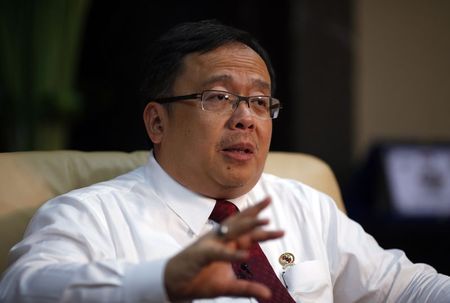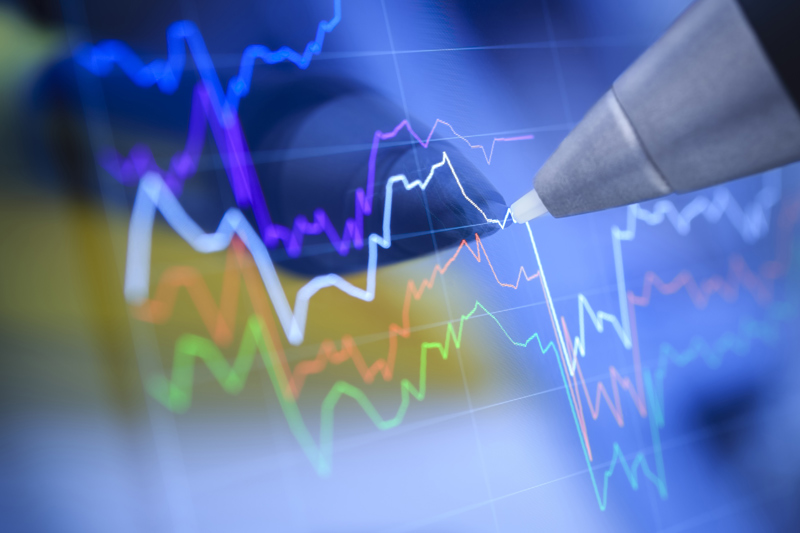By Gayatri Suroyo
JAKARTA (Reuters) - Indonesia's economy is likely to have stayed in a rut in the third quarter with growth at its slowest for five years as exports suffered from weak global demand, and domestic consumption sagged after an election campaign spending splurge.
Elected in July and sworn in late last month, President Joko Widodo faces a challenge turning round Southeast Asia's largest economy, while also having to rein in an overblown fiscal deficit bequeathed by the previous administration.
Gross domestic product data set to be released on Wednesday will give Widodo's cabinet its most comprehensive picture of an economy that suffered a drop in investment as businessmen put off decisions due to political uncertainty before the election.
Widodo's victory has failed to dispel many doubts as his coalition lacks a majority in parliament, raising question marks over its ability to deliver needed reforms.
"The uneasy political situation even after the conclusion of legislative and presidential elections looks to have affected business investment decisions in the quarter, and hence, probably still presented a significant drag on the overall growth," said Wellian Wiranto, an economist with OCBC in Singapore.
The median forecast in a Reuters poll of 14 analysts showed GDP likely expanded 5.10 percent in July-September from the same period a year earlier, and compared with the second quarter's 5.12 percent annual growth.
Widodo's new Finance Minister Bambang Brodjonegoro has forecast GDP growth of 5.0-5.1 percent in the third quarter, much slower than the annual target set by the previous government of 5.5 percent.
Brodjonegoro expects growth to improve next year as investment recovers, but the economy is still far from reaching Widodo's target of 7 percent growth.
Exports and investment have stalled this year, but overall growth has remained above 5 percent thanks to domestic consumption, but this probably ebbed in the third quarter as election-related spending eased, according to Aldian Taloputra, an economist with Mandiri Sekuritas in Jakarta.
"Private consumption was previously strong due to election, but we saw an adjustment in private consumption after electricity tariff was raised," Taloputra said.
A weaker rupiah currency will also have reduced demand for imported goods, which while good for reducing an onerous trade deficit, still put a dampener on consumption, he added.
Net exports probably contributed little to growth. The slowdown in China, the biggest customer for Indonesia's exports of commodities and mineral resources, has been a drag.

On a customs basis, merchandise exports contracted 0.93 percent in the first nine months of this year, while imports were down 4.26 percent during the same period.
(Editing by Simon Cameron-Moore)
